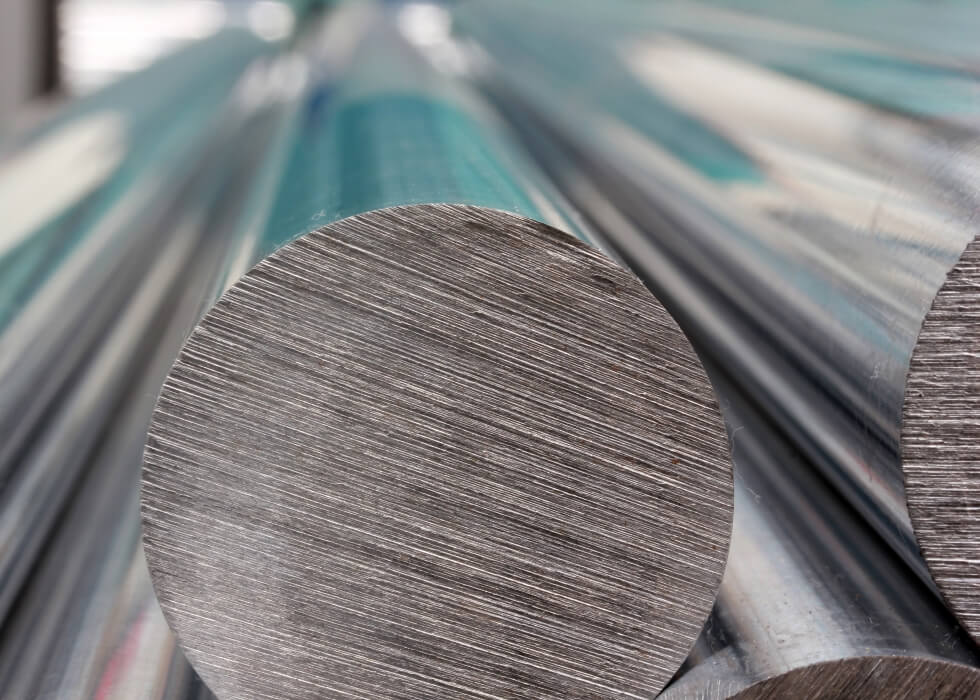The Centre for Building Materials (cbm) at the TU München is one of the most important research and testing institutes for building materials in Germany. The cbm unites the areas of teaching, research and materials testing under one roof. This also includes, as part of the Laboratory of Building Structures (MPA BAU), the Division Building Materials as an approved laboratory for testing, surveillance and certification of a broad range of construction materials such as reinforcing or prestressing steel.
The cbm has a database-based software system ‘Shanti’ to support various work areas in materials testing. The inspection processes follow a clearly defined workflow, which is, under IT-based terms, mapped by Shanti. The main objectives are to facilitate work, increase efficiency, standardise work processes and reduce the error rate when creating protocols and reports. This is to be achieved through the extensive automation of work processes.

Requirement: over several years, the application was developed internally by cbm. At the start of the project in January 2016, it was in a prototype, largely untested and undocumented state. In a tender process, cbm sought external support for the consolidation and further development of Shanti, which was won by pro et con.
Realisation: the first phase of the project involved a comprehensive analysis and consolidation of the current system. Errors in existing functionalities and fundamental deficiencies in the database design (e.g. violations of the relational concept) and in the system architecture were eliminated and components not yet productive were finalised or rounded off. In a second project phase, pro et con realised the further optimisation and expansion of Shanti as well as the creation of user and developer documentation. The existing modules were subjected to a complex software reengineering process and new sections were also developed to further automate and standardise the individual inspection processes.
Result: with the go-live at the end of December 2016, the Shanti modernisation project was successfully completed. Since then, pro et con has been realising the maintenance and systematic further development on the basis of a service contract.